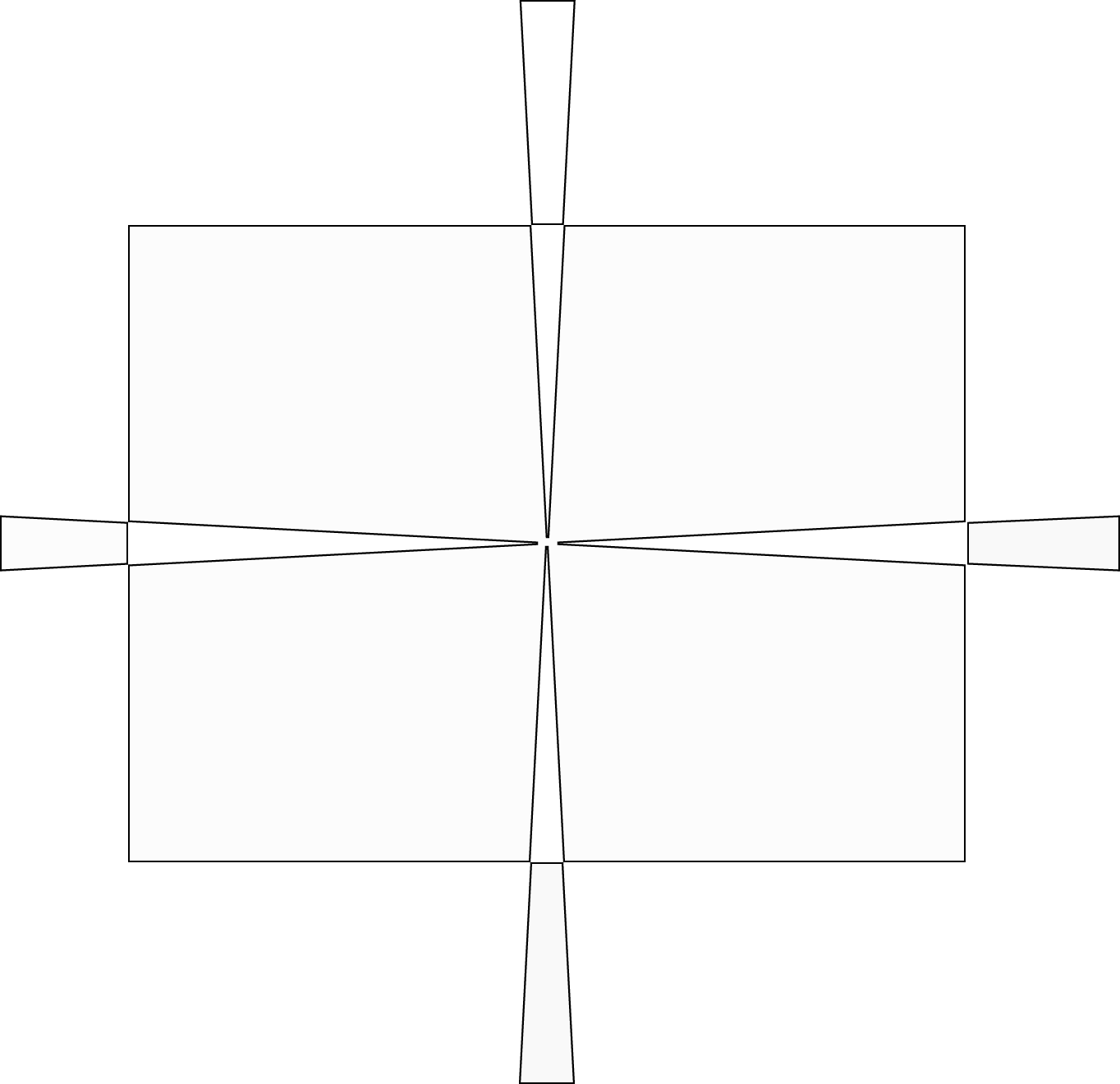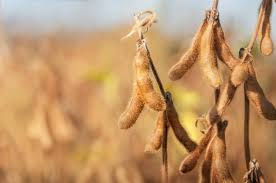Preaching Christ + December 15 + Advent III
- Pastor Jen Kiefer

- Nov 21, 2024
- 3 min read
Luke 3:1-6
I remember the Sunday morning that Wil walked into my office, a large grin on his face. He was carrying a bible in one hand and what looked like a wooden pitchfork in the other. As it turns out, it was not a pitchfork, but rather, a winnowing fork made of a single piece of olive wood. Wil had purchased it in Spain when he was in the Navy in the 1960’s, and had made this purchase after having had the opportunity to watch the threshing of wheat while on shore leave. Wil was a regular bible study leader, and he and wanted to be able to have an object lesson for folks back home. “I thought you could use this for the children’s sermon today,” he said. In that moment, Wil and the olive wood winnowing fork transformed how I read this text.
This is not an easy lectionary text. There is much to dig into in John’s teaching, but good news is not immediately evident. And though I’ve never tried it myself, I am certain that it is not wise for a preacher to begin a sermon with the admonition, “You brood of vipers! Who warned you to flee that wrath that is to come?” If you’ve tried this homiletic tactic, please report on the results right away to your fellow clergy.
There seems to be a great deal of Law here and not much Gospel. Share your extra clothing and food with those who have none! Don’t skim off the top when you collect taxes! Don’t extort those over whom you have power! These are all helpful pieces of advice (the Law is always true…), and to be sure, a change in behavior that seeks the good of neighbor reflects a repentance that takes seriously an amended life. When applied incorrectly, however (or for the wrong reasons…), it is works righteousness.
"When we are winnowed, we are redeemed and refined. The things that can grow (the grain) within us are kept and treasured, while those things that cannot grow into something greater are lifted up to be carried away by the wind."
This is where the winnowing fork become necessary. Unlike the tree analogy, which sounds like an all-or-nothing approach, there is a redemptive aspect to the winnowing fork. A farmer gathers stalks of wheat on the threshing floor, takes the winnowing fork and lifts the wheat into the wind. The grains of wheat fall to the floor while the chaff is blown away. One must remember: both the grain and the chaff are wheat, but the grain is what has the potentiality to grow. When John speaks of the winnowing fork in the hand of the one coming after him, he is not saying that Jesus is going to separate those who are “in” and those who are “out.” What he is saying is that Jesus will separate those two things in us. When we are winnowed, we are redeemed and refined. The things that can grow (the grain) within us are kept and treasured, while those things that cannot grow into something greater are lifted up to be carried away by the wind.
In our baptism’s union with Christ and his passion, we undergo our first winnowing. We die to sin and death; we are raised to new life in Christ Jesus. We will still be winnowed and pruned throughout our lives, as the chaff stubbornly keeps returning. The things within us that get in the way of loving God, neighbor, and ourselves, are being removed with surgical precision so that those things that bear good fruit within us may continue to grow and thrive. Indeed, these seeds will grow into God’s promised future for us and for the world.

PASTOR JEN KIEFER serves as an Assistant to the Bishop and Director of Candidacy for the Southeast Michigan Synod, ELCA. Previously, she served as pastor of St. John Lutheran Church in Dundee, MI and as associate pastor of Trinity Lutheran Church in Lawrence, KS. Pastor Kiefer holds an MDiv from the Lutheran School of Theology in Chicago, where she served as a student assistant to the Dean of the Chapel, and a BA from Kalamazoo College.




Comments